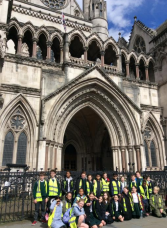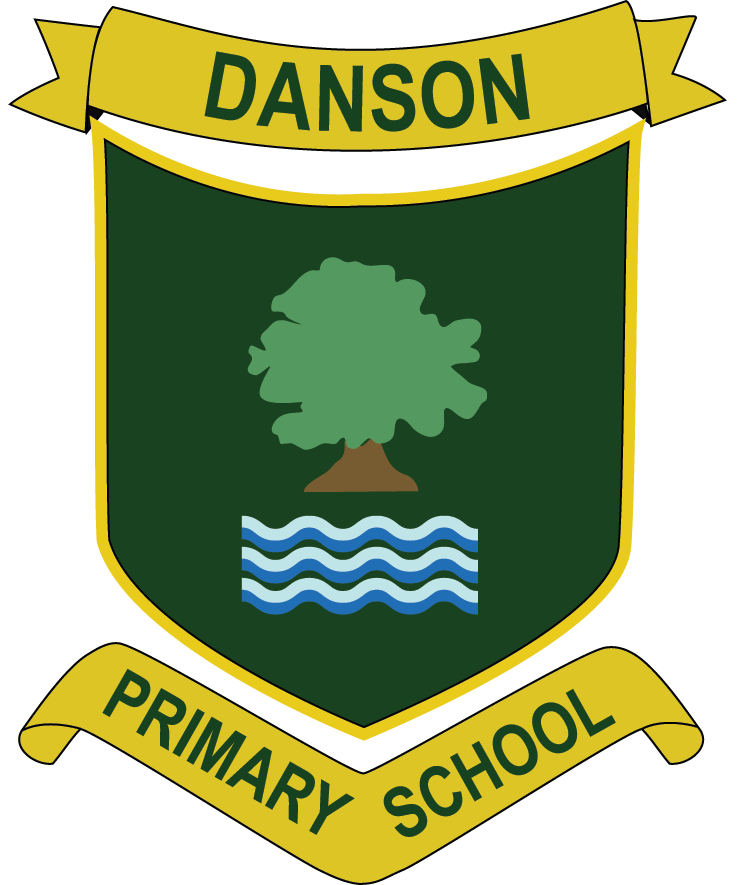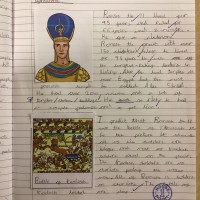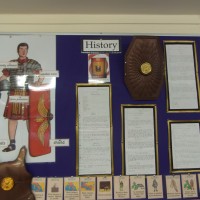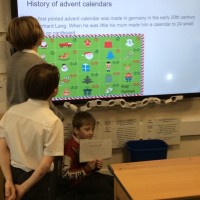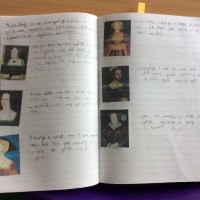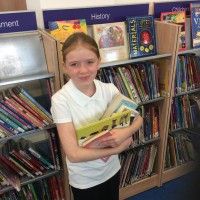History
At Danson Primary School, History is an exciting and inspiring subject that our pupils enjoy. History lessons are immersive and develop a sense of curiosity and fascination in pupils about the past and how it has shaped life today.
As our pupils progress as Historians, they will become equipped to ask perceptive questions, think critically, interpret evidence and develop perspective and judgement. We want pupils to understand the complexity of people’s lives, the process of change, the diversity of societies and relationships between different groups, as well as their own identity and the challenges that will be faced in the future.
To teach history effectively, we look to develop our pupils' key historical skills throughout the different periods of history that they are taught. These skills cover the vital substantive concepts and knowledge and understanding that the children need as they develop their historical understanding. Lessons that are taught at Danson Primary School cover a range of historical skills which can be seen below:
- Chronology
- Evidence & Interpretation
- Cause & Consequence
- Change & Continuity
- Similarity & Difference
- Historical & Significance
Danson Primary School History Policy
Humanities Overview
EYFS & KS1 - History Progression
KS2 - History Progression
History Whole School Progression of Skills
History - National Curriculum
History Enrichment - Y4 British Museum
Year 4 went to the British History Museum to recall facts about our topic on the Ancient Egyptians. The children were able to look at artefacts and develop their knowledge and understanding of how the Egyptians lived. They really enjoyed this experience as they were able to see Rameses I and the canopic jars which contained different organs. After this, children were able to immerse and ask questions about our new topic on the Anglo Saxons. Year 4 were able to use Ipads given to them by the museum to explore the Sutton Hoo exhibit. This allowed them to develop their knowledge and discover interesting facts about our new topic. The children represented Danson superbly throughout each trip and we are very proud of them.

History Enrichment - Y5 Royal Courts of Justice
This term, Year five travelled up to London to visit the Royal Courts of Justice and the Old Bailey. This trip links to their history topic of ‘Crime and Punishment’ where they have been learning about different crimes and punishments over a range of historical periods.
Each trip started with a train journey up to London which was exciting in itself for many of the children! Once they reached the Royal Courts of Justice, they had to pass through security where their belongings were checked. This emphasised the importance of the building and what happens there.
The children were told about the many different trials that have taken place at both the Royal Courts of Justice and the Old Bailey. They also discovered that the architect of the Royal Courts of Justice, George Edmund Street, included a deliberate mistake in the design of the building: a pillar was created with the bottom part missing as he believed that only God could create perfect things. Also on the trip, children learned about why barristers wear wigs and how these wigs have changed over time. They were then shown different court rooms and other rooms within the building. After the Royal Courts of Justice, the children walked through an area where people of the court learned how to do their job and they were shown one of the oldest law selling bookshops. The children then ate their lunch outside the Old Bailey and were told more interesting facts before they made their return to school.
All of the children represented the school fantastically. Some members of the public even commented upon how impressive their behaviour was. Well done Year five!
